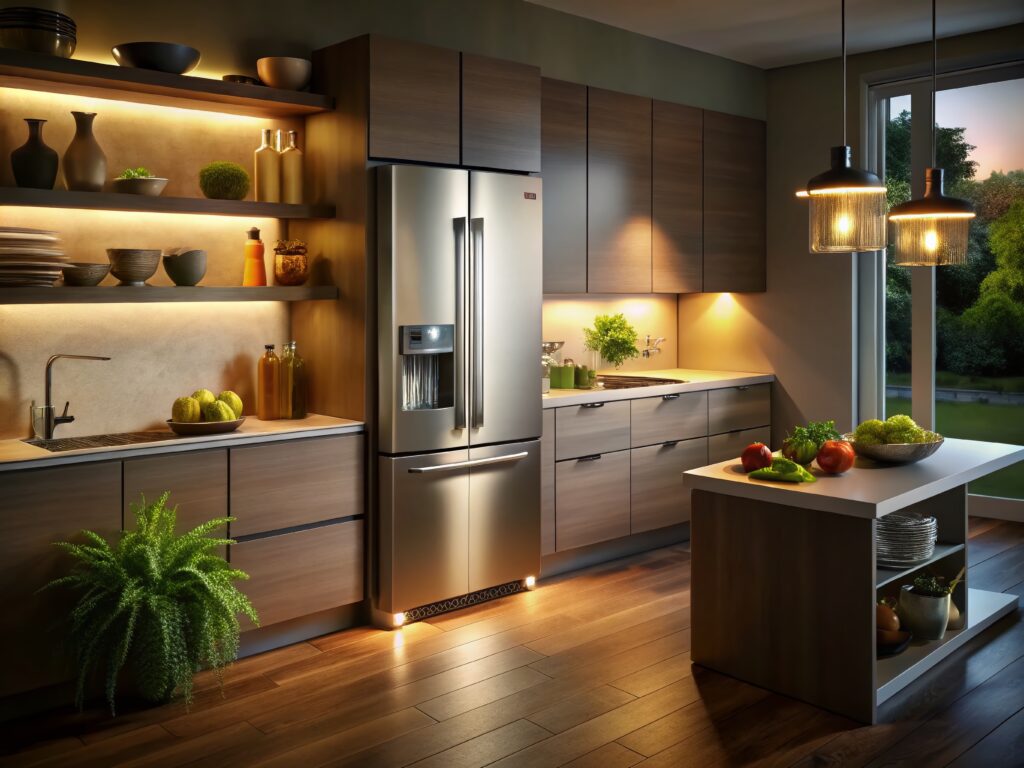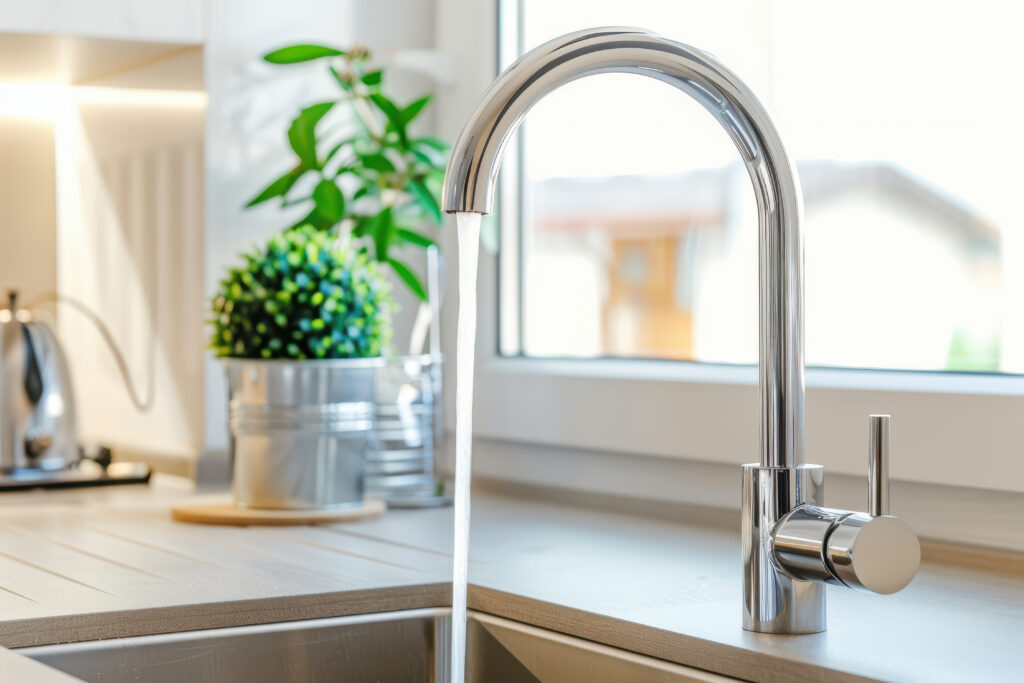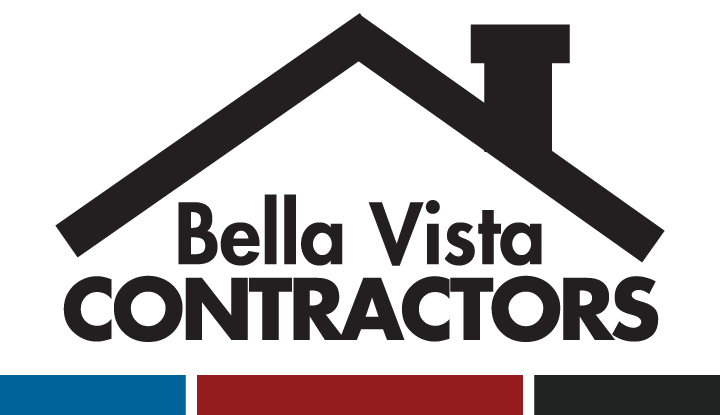Energy-Efficient Kitchen Remodeling – Bella Vista, AR
Looking to save money on your energy bills while also reducing your carbon footprint? Look no further than energy-efficient kitchen remodeling. By making some simple changes in your kitchen, you can not only create a more sustainable environment but also enjoy long-term cost savings.
From upgrading your appliances to installing energy-efficient lighting and optimizing insulation, there are various ways you can go green in your kitchen. These changes can significantly reduce your energy consumption and utility bills, making your kitchen remodeling project a smart investment in the long run.
In addition to the financial benefits, energy-efficient kitchen remodeling also allows you to contribute to a sustainable planet. By reducing your energy usage, you help conserve natural resources, decrease pollution, and combat climate change. It’s a win-win situation for both your wallet and the planet.
So, if you’re ready to transform your kitchen into an energy-efficient oasis, join the growing movement of homeowners who are embracing eco-friendly remodeling practices. Discover the endless possibilities of going green in your kitchen and start reaping the benefits today.
Benefits of Going Green in the Kitchen
Embarking on an energy-efficient kitchen remodeling journey offers a plethora of benefits that extend beyond mere aesthetics. One of the most compelling advantages is the significant reduction in energy consumption. By incorporating energy-efficient appliances and fixtures, homeowners can drastically lower their electricity usage, which translates to lower monthly utility bills. This reduction not only helps in personal finance management but also contributes to the larger goal of conserving natural resources. A kitchen that operates more efficiently means that less energy is drawn from non-renewable sources, which is a win for both the wallet and the environment.
Additionally, a green kitchen enhances the overall quality of life within the home. Many energy-efficient appliances are designed to operate more quietly and effectively, thereby improving the comfort of daily cooking and meal preparation activities. Moreover, a sustainable kitchen often features better indoor air quality due to the use of non-toxic materials and improved ventilation systems, which can lead to a healthier living environment. This is particularly important for families with children or individuals who suffer from allergies, as reducing exposure to harmful chemicals can have a significant positive impact on health.
Lastly, going green can elevate the market value of your home. Potential buyers are increasingly looking for eco-friendly features, and a kitchen that boasts energy-efficient appliances, sustainable materials, and modern design will stand out in the real estate market. This not only ensures a higher resale value but may also expedite the selling process. In essence, transforming your kitchen into an energy-efficient space is an investment that yields financial, health, and market benefits.
Energy-Efficient Kitchen Remodeling Statistics
Understanding the statistics surrounding energy-efficient kitchen remodeling can help homeowners appreciate the impact of their choices. According to the U.S. Department of Energy, energy-efficient appliances can save a household an average of $500 annually in utility costs. This figure illustrates the tangible financial benefits of transitioning to energy-efficient appliances, which often utilize advanced technologies designed to reduce energy consumption without sacrificing performance.

Energy-efficient kitchen with high-efficiency refridgerator and lighting.
Furthermore, the Energy Star program, which certifies energy-efficient appliances and products, reports that homes with Energy Star-certified products can save approximately 30% more energy than those without. This statistic not only emphasizes the importance of selecting the right appliances but also sheds light on the cumulative effect of making eco-friendly choices throughout the kitchen. Each small decision, when combined, can lead to substantial energy savings over time.
Moreover, studies have shown that energy-efficient homes can reduce greenhouse gas emissions by up to 45%. In the kitchen, this means that opting for energy-efficient solutions contributes to combating climate change on a larger scale. The collective impact of many homeowners choosing to remodel with sustainability in mind can lead to significant improvements in environmental health, making these statistics not just numbers but indicators of a positive change in our planetary condition.
Key Factors to Consider Before Starting an Energy-Efficient Kitchen Remodel
Before diving into an energy-efficient kitchen remodel, it’s vital to assess several key factors that will influence your project. First and foremost, understanding your kitchen’s layout is crucial. The design and flow of your kitchen can either enhance or hinder energy efficiency. Consider how appliances are positioned in relation to each other and the cooking process. An ideal kitchen layout should minimize energy waste, allowing for efficient movement between the refrigerator, stove, and sink.
Another significant factor to consider is your budget. While investing in energy-efficient appliances and materials may require a more substantial upfront cost, the long-term savings on utility bills often justify the expense. It’s essential to create a detailed budget that allows for the purchase of quality materials and appliances that will last longer and perform better. Research various options and consider financing options or rebates available for energy-efficient upgrades, which can ease the financial burden.
Lastly, evaluating your lifestyle is imperative. Your kitchen should reflect your cooking habits and daily routines. If you frequently entertain guests, you might prioritize open spaces and energy-efficient lighting. Conversely, if you’re a meal prep enthusiast, investing in high-capacity appliances that are energy-efficient can provide long-term benefits. Tailoring your remodel to fit your lifestyle ensures not only energy efficiency but also functional satisfaction.
Energy-Saving Appliances and Fixtures for a Sustainable Kitchen
When it comes to energy-efficient kitchen remodeling, the selection of appliances and fixtures plays a pivotal role. Energy-efficient refrigerators, dishwashers, and ovens are designed to use less energy while maintaining optimal performance. For instance, look for Energy Star-rated appliances, which are certified to meet energy efficiency guidelines set by the U.S. Environmental Protection Agency. These appliances often incorporate advanced technologies, such as improved insulation and smart sensors, that enhance their energy-saving capabilities.

Modern kitchen faucet with running water and greenery. Perfect for home improvement and interior design projects.
In addition to major appliances, consider investing in energy-efficient fixtures such as faucets and lighting. Low-flow faucets can significantly reduce water consumption without compromising water pressure, making them an excellent choice for sustainable kitchens. Likewise, LED lighting is not only more energy-efficient but also offers longer lifespans compared to traditional incandescent bulbs. By replacing all of your kitchen’s lighting with LEDs, you can cut down on energy costs while also creating a warm and inviting atmosphere.
Another innovative option is to install smart technology in your kitchen. Smart thermostats, energy monitors, and controlled lighting systems can help you track your energy usage in real time. Many smart appliances can be programmed for optimal performance, ensuring that they consume energy when it’s most efficient. By integrating these technologies into your kitchen, you can maximize energy savings and create a space that is both modern and sustainable.
Sustainable Materials and Design Ideas for an Eco-Friendly Kitchen
Choosing sustainable materials is an essential aspect of energy-efficient kitchen remodeling. Opt for countertops made from recycled materials, such as glass or quartz, which not only provide a stunning aesthetic but also reduce waste. Bamboo is another excellent choice for cabinetry and flooring due to its rapid renewability and durability. By selecting these eco-friendly materials, you contribute to a more sustainable environment while also enjoying aesthetically pleasing and functional elements in your kitchen.
In terms of design, consider an open-plan layout that maximizes natural light. Incorporating large windows or skylights can reduce the need for artificial lighting during the day, further decreasing energy consumption. Additionally, utilizing light-colored materials can help reflect natural light, making your kitchen feel more spacious and bright. This not only enhances the visual appeal but also creates a more inviting atmosphere for family and friends.
Moreover, you can integrate vertical gardens or herb planters into your kitchen design. This not only promotes sustainability by allowing you to grow your own herbs and vegetables but also improves indoor air quality. Plants can absorb toxins and release oxygen, creating a healthier living environment. Incorporating greenery into your kitchen design not only serves a practical purpose but also adds a touch of nature to your space, making it a refreshing oasis.
Cost-Saving Tips for Energy-Efficient Kitchen Remodeling
While the upfront costs of energy-efficient kitchen remodeling can seem daunting, there are numerous strategies to mitigate expenses. One effective approach is to prioritize your upgrades based on immediate needs and potential savings. For instance, replacing an old refrigerator with an Energy Star model may offer substantial savings in energy costs, making it a smart investment. Focus on one area at a time, allowing you to spread out expenses while reaping the benefits of energy efficiency sooner.
Additionally, consider the option of retrofitting existing appliances rather than replacing them entirely. For example, upgrading to energy-efficient elements such as LED bulbs or installing a smart power strip can improve energy efficiency without the need for costly replacements. Furthermore, many utility companies offer rebates and incentives for homeowners who invest in energy-efficient upgrades, so be sure to research available programs in your area.
Don’t overlook the potential for DIY projects, which can save on labor costs. Simple tasks such as painting cabinets, installing new hardware, or even building open shelving can provide a fresh look without breaking the bank. Engaging in projects that you feel confident about can also lead to a more personal touch in your kitchen, making it a space that reflects your style and values.
The Importance of Proper Insulation and Ventilation in an Eco-Friendly Kitchen
Proper insulation and ventilation are crucial components of an energy-efficient kitchen. Insulation helps maintain consistent temperatures, reducing the need for heating and cooling systems to work harder. This can lead to significant energy savings over time. When remodeling, pay attention to areas such as walls, ceilings, and even floors that may require additional insulation to improve overall energy efficiency.
Moreover, effective ventilation is essential for maintaining air quality in the kitchen. Installing a range hood that vents outside can help eliminate excess heat, moisture, and pollutants generated during cooking. This is particularly important in an energy-efficient kitchen, where maintaining a healthy environment is a priority. A well-ventilated kitchen not only enhances comfort but also prevents mold growth and unpleasant odors.
Incorporating energy recovery ventilators (ERVs) can also be beneficial. These systems exchange stale indoor air with fresh outdoor air while retaining energy used for heating or cooling. This means that your kitchen remains comfortable without unnecessary energy expenditure. By prioritizing insulation and ventilation, you create a kitchen that is not only energy-efficient but also healthy and pleasant to use.
Hiring Professionals for Energy-Efficient Kitchen Remodeling
While many homeowners may be tempted to tackle kitchen remodeling as a DIY project, hiring professionals can provide invaluable expertise, especially when it comes to energy efficiency. Professional contractors are knowledgeable about the latest technologies, materials, and design trends that can optimize energy savings. They can help you navigate complex choices and ensure that your remodel meets local building codes and energy efficiency standards.
Moreover, contractors often have established relationships with suppliers, which can lead to cost savings on materials and appliances. They can also provide insights into available rebates and incentives for energy-efficient upgrades, further enhancing your budget. By collaborating with experts, you can ensure that your kitchen remodel is not only beautiful but also functional and sustainable.
Finally, hiring professionals can save you time and reduce stress. Remodeling a kitchen can be a significant undertaking, and having a skilled team to manage the project allows you to focus on other aspects of your life. With their guidance, you can rest assured that your energy-efficient kitchen will be completed on time and to your specifications, making the entire experience more enjoyable.
Conclusion: Embracing Sustainability Through Energy-Efficient Kitchen Remodeling
Energy-efficient kitchen remodeling represents more than just a trend; it embodies a commitment to sustainability and a healthier lifestyle. By making informed choices regarding appliances, materials, and design, homeowners can create kitchens that not only save money but also contribute to the well-being of the planet. The benefits of going green extend beyond individual households, fostering a collective movement towards more sustainable living.
As you embark on your remodeling journey, remember that every small change adds up to significant impacts. Whether it’s upgrading to energy-efficient appliances, improving insulation, or incorporating sustainable materials, each decision contributes to a more sustainable future. Embracing these practices not only enhances your kitchen but also sets an example for your community, inspiring others to make eco-friendly choices.
In conclusion, investing in an energy-efficient kitchen is not just a financial decision; it is a lifestyle choice that prioritizes health, comfort, and environmental responsibility. By embracing sustainability through energy-efficient kitchen remodeling, you take a proactive step toward creating a better world for future generations. So, start planning your remodel today and join the movement towards a greener, more sustainable planet.
